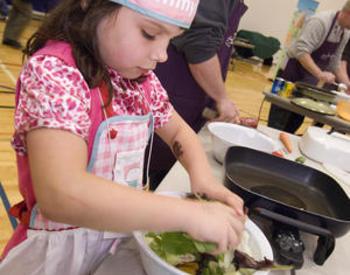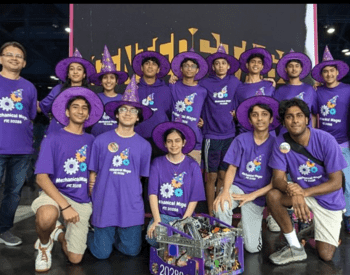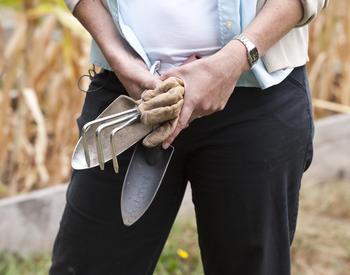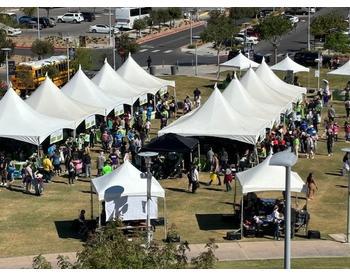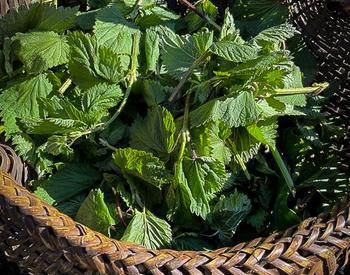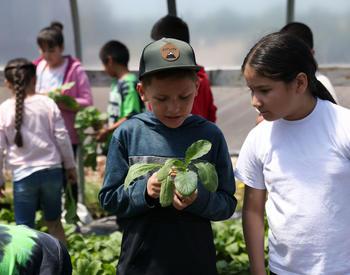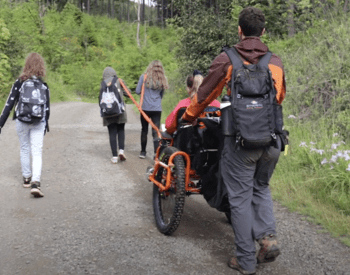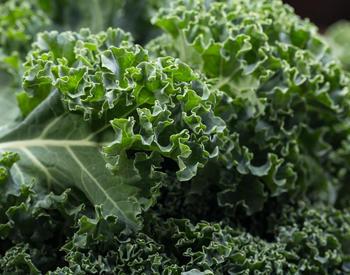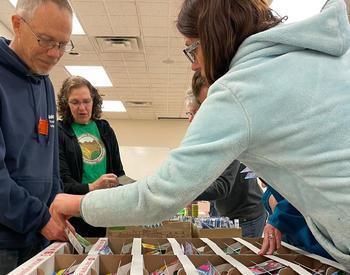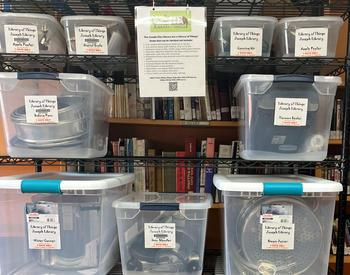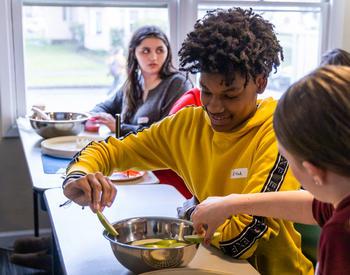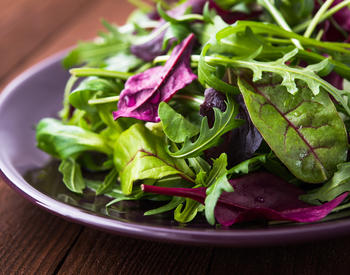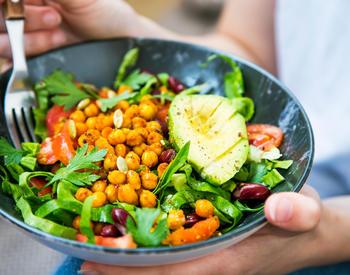DORENA, Ore. – As the weeks went by and the cooking lessons continued over Google Classroom, Val Rocco could see the transformation in some of her students.
Rocco teaches health and physical education at Dorena School in south Lane County. This year she partnered with Jillian Drewes, coordinator of the Oregon State University Extension Family and Community Health Program (FCH) in Lane County, to offer a farm-to-table cooking project for students in the sixth, seventh and eighth grades at Dorena.
Drewes prepared the meals in the Lane County Extension office in Eugene while the students followed along with their school-issued tablets propped up on a table or counter. In the first couple of classes, which occurred once a month, Rocco noted that a few of the kids were quite rambunctious and having some trouble focusing.
Gradually, that changed. As a group, they got quieter, more serious.
“You could tell that they built up their endurance, that they had to read the recipes beforehand,” Rocco said. “Toward the end, we had amazing, intellectual conversations about food.”
Rocco said the COVID-19 pandemic got her thinking about a way to connect kids with locally grown food.
“Everything changed so quickly during the pandemic,” she said. “I wanted to do something that was both outside the box and rewarding for the students. We’re a rural school. Making food and farming is my background. It’s just so important to me and I wanted to pass those values to my students.”
Rocco received a grant that would fund five meal kits to feed a family of six, made from ingredients that could be boxed up and taken home by students. The introductory box included an apron, measuring cups and spoons, oil, salt and pepper and a mixing bowl.
The recipes came from Food Hero, a statewide initiative of the Oregon Supplemental Nutrition Assistance Program Education (SNAP-Ed) program and was developed by OSU Extension in English and Spanish. All the recipes are tested according to criteria, such as overall flavor, color and texture. Food Hero meals are low-cost and feature easy to find ingredients, easy to follow instructions, and minimal preparation time.
Once the grant was secured, Rocco contacted Drewes to plan the classes. Drewes is a nutrition educator who conducted in-person culinary lessons in schools prior to the pandemic. Last year, she partnered with Kalapuya High School in Eugene for an adapted cooking class in which the students prepared the meals at home using videos recorded by Drewes.
Drewes said A benefit of students making meals at home was that they were able to work independently and create a whole dish, unlike in the classroom environment in which they would work in groups on a single aspect.
“They get to do every part of the activity,” Drewes said. “Especially for older students, this has been a real discovery for us.”
